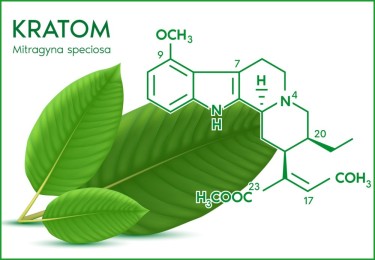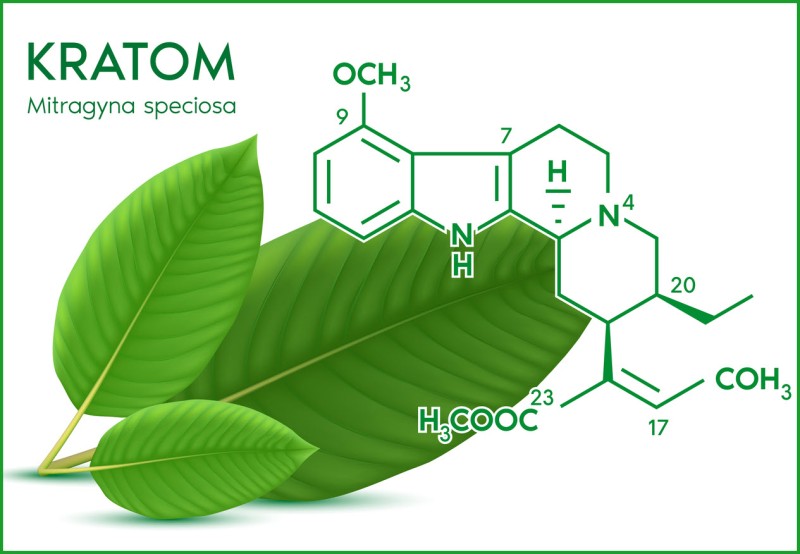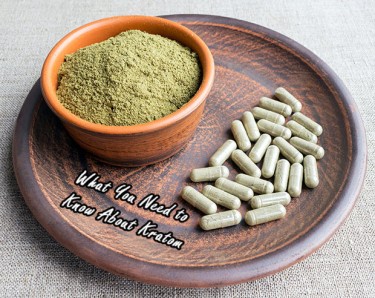
Is kratom addictive? Discover the potential for dependence on Kratom, the risks involved with its use, and how to approach its consumption responsibly.
From 2011 to 2017, over 1,800 calls to poison centers involved kratom in the U.S. This significant number highlights the concern regarding kratom addiction.
However, without Food and Drug Administration (FDA) oversight, and due to various consumption methods like teas and capsules, there are significant health risks. Safe use of kratom is now in question due to these issues.
Research debates how dependence develops, outlining signs like loss of control and withdrawal symptoms. These signs are seen in regular kratom users. Ironically, some people switch from drugs like heroin to kratom, looking for a legal alternative.
Understanding Kratom: Origins and Prevalence
Kratom comes from the Mitragyna speciosa tree in Southeast Asia. It can act like a stimulant or like opioids, based on how much you take. People use it in different ways, for a small energy boost or stronger effects at higher doses.
The legal status of kratom in the U.S. is complicated and changing. It's a hot topic because some worry about its misuse. It's still legal in several states. This shows how different places handle drug rules. The National Institute on Drug Abuse is looking into its medical benefits. But, the FDA hasn't approved it for medical use yet. The DEA calls it a "drug of concern," which means policies might change.
-
From 2011 to 2017, poison control centers in the U.S. got over 1,800 reports about kratom. This shows it's widely used and might pose health risks.
-
Kratom's main ingredients bind to opioid receptors very strongly, stronger than morphine even. This fact is key to understanding its effects.
-
As more people use kratom, more are reporting serious health problems. These include liver and heart issues, and tough withdrawal symptoms, particularly in those already sick.
The statistics show mounting worries about kratom in the U.S. As its use grows, it's becoming more important to health policies and laws. What happens next will depend on further research and legal decisions.
Is Kratom Addictive: Investigating the Substance's Nature
The question of kratom's addictiveness focuses on how it affects brain receptors and its long-term health implications. The ongoing debate highlights concerns about dependence and the risk of addiction. Scientists are closely looking at these issues.
How Kratom Works in the Brain
Kratom's main alkaloids, mitragynine and 7-hydroxymitragynine, bind to the brain's opioid receptors, similar to painkillers and narcotics. This connection suggests a potential risk of dependence. These alkaloids are key to kratom's pain relief but also point to possible addiction concerns, especially with frequent, high-dose usage.
Patterns and Consequences of Long-term Use
-
Using kratom often, especially in large doses, can increase the risk of dependence and intense withdrawal symptoms, similar to opioid withdrawal.
-
Although some use it for pain or to improve mood, long-term kratom users might see serious health problems, like liver damage and mental health issues.
-
Withdrawal symptoms, including irritability, nausea, and sleep problems, show kratom's impact on one's physical and mental health.
Assessment of Addiction Risks
Studies indicate a significant risk of addiction to kratom, especially with high doses or frequent use. Dependence develops as the body gets used to kratom, leading to tolerance and a need for more to feel its effects. Withdrawal symptoms emphasize this risk, as highlighted by health experts.
Physiological Effects: Kratom's Impact on the Body
There is a lot of debate about the safety and use of kratom. This herbal extract comes from the Mitragyna speciosa plant. It has drawn attention for its possible harmful effects on the body. The FDA has issued many warnings about kratom, raising safety concerns.
-
Kratom Adverse Effects: Kratom users have reported side effects like nausea, vomiting, and confusion. More serious issues include high blood pressure and liver damage. These problems highlight the risks of using kratom.
-
Herbal Extract Safety: Some kratom products contain heavy metals and pathogens. These can cause severe health issues, including death. This shows the importance of safety in herbal products.
-
FDA Warnings and Regulations: The FDA has linked kratom to over 35 deaths and warns against using it. They point out the lack of medical uses and the risk of addiction.
-
Physiological Impact: Kratom's effects depend on the dose and the user's body. Yet, it can lead to dangerous outcomes like liver damage and seizures.
-
Safety Concerns from Authorities: Federal agencies like the DEA are worried about kratom's safety. Although not a controlled substance, monitoring suggests users should be careful.
Kratom might offer temporary relief for some ailments, but it comes with significant risks. The FDA's warnings should make people think twice. If considering kratom, it's crucial to talk to a doctor first. Experts stress the need for safety and caution with herbal extracts.
Conclusion
Kratom's role in health and regulation is complex, with views and research findings widely varied. Some people use kratom for its claimed health benefits, but it's a hot topic. Experts advise caution and suggest consulting a doctor before using kratom due to the unclear effects.
Clinical studies using scores like SOWS and COWS haven't confirmed withdrawal symptoms from kratom. This adds to the debate, especially when some users report withdrawal. This makes kratom a controversial subject among different findings and user experiences.
When it comes to treating opioid addiction, kratom can be both helpful and harmful. Some have used it successfully to fight addiction. Yet, some states have banned it. This highlights the need for regulations and consistent product quality. It also raises questions about kratom's legal status due to mixed actions by authorities.
The situation shows how complex kratom is in the realm of substance use and law. Without clear evidence supporting either its benefits or risks, it poses a challenge. More research is needed to guide regulations and health advice. For now, anyone thinking of using kratom should be careful, seek medical advice, and keep up with laws and health guidelines.






